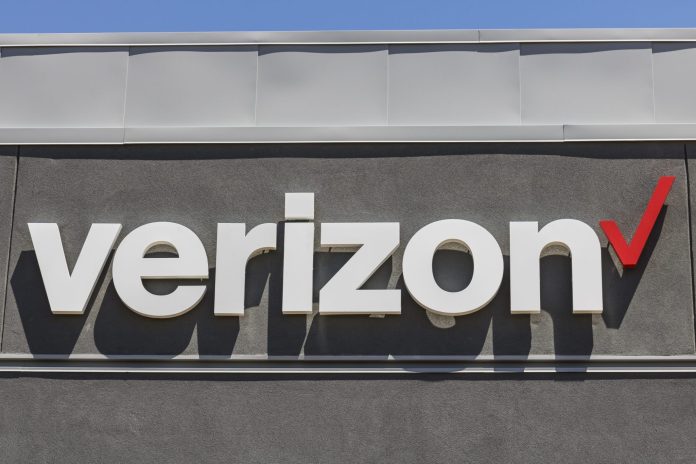Verizon Business is claiming “global IoT connectivity”, after launching “permanent roaming options” in North America and Western Europe on a single SIM. It said enterprises can use it for IoT connectivity in 170 countries, in total, using its ThingSpace IoT platform.
The company quoted market research firm IDC, that more than 150,000 IoT devices will connect every minute by 2025. It said the surge in IoT traffic, from sensors, trackers, and sundry gateways, will come down to more secure and affordable cellular IoT connectivity. Its ThingSpace platform provides IoT device and connectivity management.
Tami Erwin, chief executive at Verizon Business, said: “IoT is changing the way businesses monitor devices and increasing the strategic business value of the data collected. The number of IoT devices is growing exponentially and organizations prefer to align with a trusted technology partner who can offer the technical expertise and geo-scale they require. Our global IoT connectivity services are all underpinned by Verizon’s years of expertise and industry leading ThingSpace platform, not to mention a path to evolving into 5G Massive IoT.”
Last month, Verizon introduced a new ‘hyper-precise location’ (HPL) service that uses ‘real-time kinematics’ (RTK) to deliver satellite-based location with centimetre-level accuracy. The HPL service is available via Verizon’s ThingSpace’s IoT platform to business customers and application developers using its 4G and 5G cellular networks in the US.
In February, it signed a deal to acquire Austrian industrial robotics software company Incubed IT (stylized as incubed IT) for an undisclosed fee. Its rationale is to complement its industrial 5G and edge compute portfolio, and spur its drive in the Industry 4.0 market. Verizon said it expects to “power robotic automation at scale”, making it simpler to access and cheaper to deploy.
More recently, Verizon Business has been busy, recently, at the other end of the IoT comms spectrum, with a number of private 5G contracts for enterprises, offering higher-performance connectivity than from cellular-based NB-IoT or LTE-M networks, pegged for massive-scale low-power wide-area (LPWA) connections. It signed a deal for its first Europe-based private 5G contract in April, in a deal with Associated British Ports in the UK, beating out competition from local providers, notably Vodafone and BT.
The US firm has been appointed to deploy private 5G at the Port of Southampton. Nokia is providing the networking infrastructure, as part of the deal it struck with Verizon in October to supply enterprises with private 5G in Europe and Asia Pacific. ABP has a shared access licence from Ofcom for band n77 at 3300–3800 MHz. Verizon Business said the deployment will be a “completely dedicated edge compute infrastructure”.
In December, Verizon Business teamed up with Deloitte to carry out joint innovation activities in the 5G and mobile edge computing (MEC) fields. The two companies aim to design solutions to target both manufacturing and retail, and ultimately expand to other sectors. The companies will use Deloitte’s industry and solution engineering expertise combined with Verizon’s mobile and private enterprise wireless networks.

